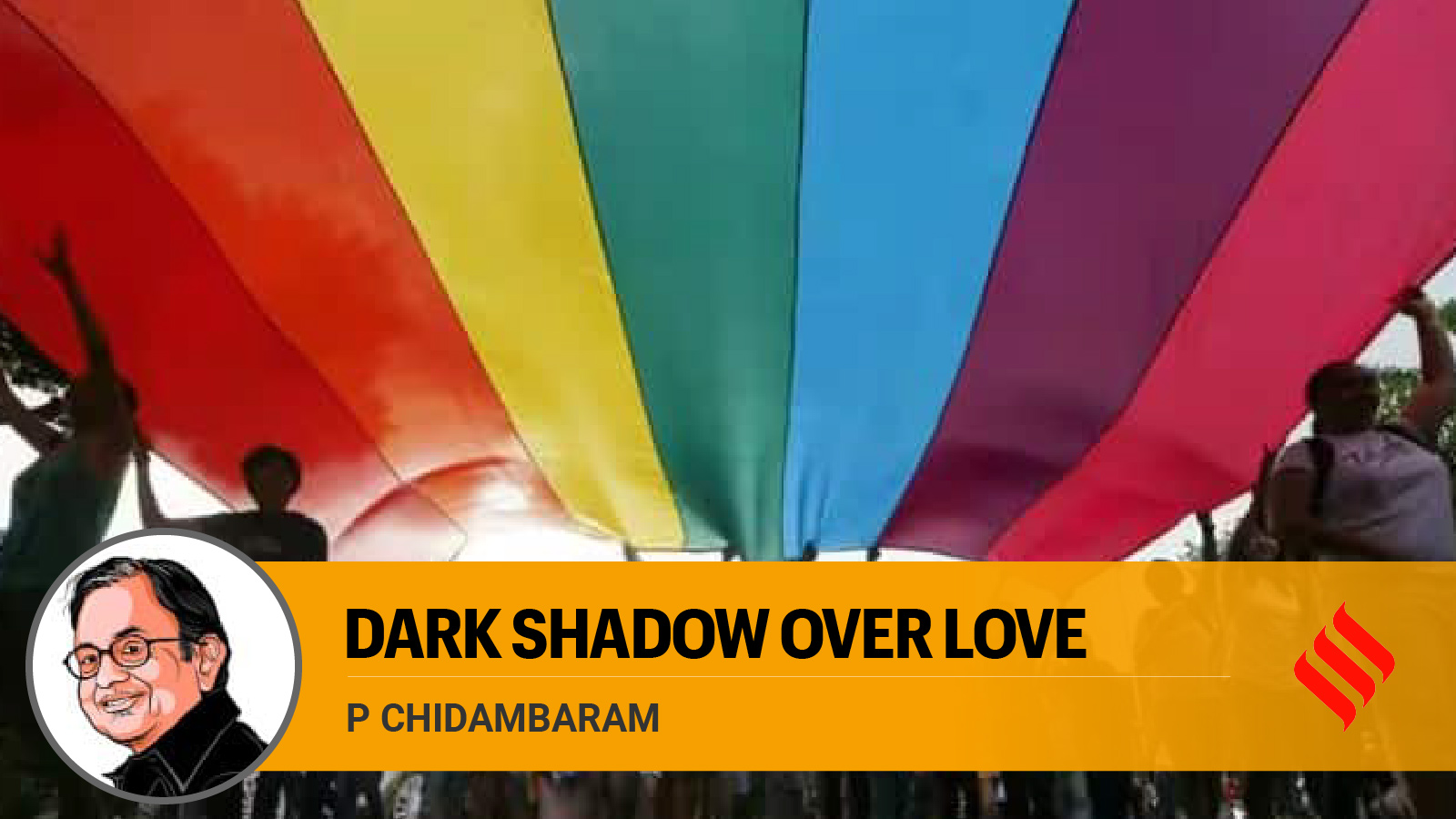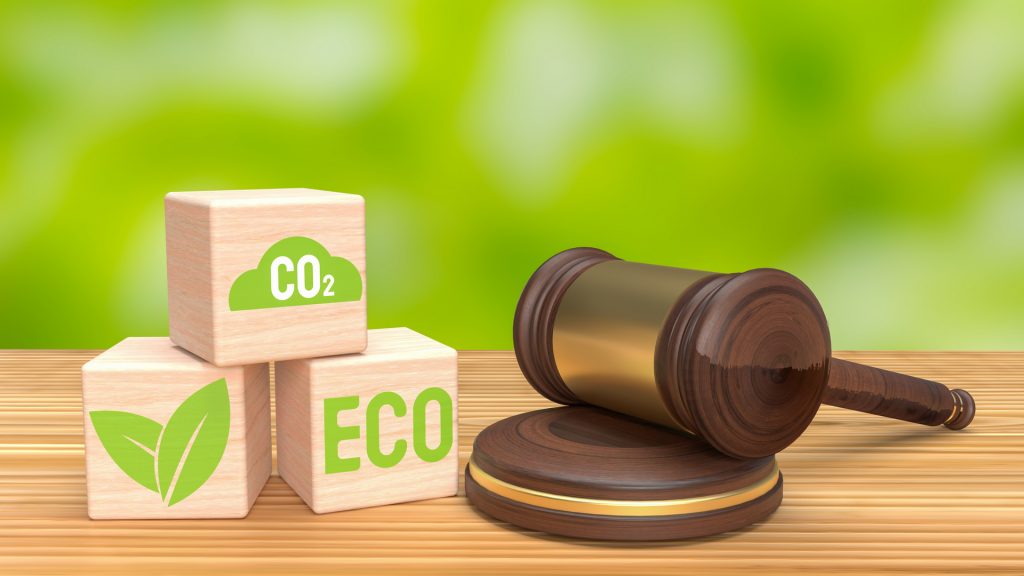Men and women have cohabited long before the concept of ‘state’ or ‘government’ came into existence. Cohabitation preceded any law in that behalf. Laws only recognised such cohabitation and gave it various names. The most widely used name is ‘marriage’. Laws granted married couples certain rights and privileges.
Given our present knowledge of human life and behaviour — and the estimates thrown up by surveys beginning from the time of Alfred Kinsey — it follows, logically, that men and men and women and women also lived in relationships. ‘Gay’ and ‘Lesbian’ are no longer unmentionable words. We accept there are lesbian, gay, bisexual, transgender, queer, intersex, asexual and others (LGBTQIA+). They are humans and, like other humans, they love and are loved. They have sexual relationships.
When LGBTQIA+ ask for the same rights and privileges as married couples, what is the answer of the State? The Indian Parliament has not made a law that recognised any relationship among LGBTQIA+. On the contrary, Section 377 of the Indian Penal Code is still in existence and punishes ‘intercourse against the order of nature’. It was only in 2018, in Navtej Singh vs Union of India, that a 5-judge Bench overturned the earlier judgment of a 2-judge Bench (2013) and decriminalised consensual homosexuality.
Many questions & answers
Five years later, larger questions were raised by the LGBTQIA+ community before the Supreme Court, especially on the civil rights of LGBTQIA+ including recognising ‘marriage’ among them. The answers came on October 17, 2023. The five honourable judges agreed on some issues and disagreed on others. Ultimately, it is the judgment delivered by Mr Justice Ravindra Bhat, in which Justices Hima Kohli and P S Narasimha concurred, that is the law of the land today.
Political parties are understandably hesitant to take a position on the judgment. A political party is made up of hundreds of thousands of individuals and, on a matter that is so intimate and private yet with far reaching consequences, it is not easy to formulate a common position. Even individuals will be hesitant to take firm positions on the questions that arose in the case. The best I can do is to set out the issues and hope there will be a reasoned debate.
Court: Marriage is only a statutory right accorded to heterosexuals
Once the Court reached this conclusion, unanimously, most of the other conclusions fell in place. There must be two genders in a marriage. Hence, transgenders in a heterosexual relationship have the right to marry, homosexuals do not. The ball has been lobbed into the legislature. I cannot imagine Parliament passing any time soon a law to recognise a gender-agnostic (same-sex) ‘marriage’ — even under the Special Marriage Act.
However, the ‘right to relationship’ is a fundamental right
The honourable judges must have been troubled by their conclusion on marriage. They broke the shackles and boldly declared that a person has the right to choose a partner irrespective of gender. They traced their conclusion to the firmly entrenched principles of freedom, choice, privacy and dignity. Justice Ravindra Bhat explained the ‘right to relationship’: “it is the right to choose a partner, cohabit, and enjoy physical intimacy… They are, like all citizens, entitled to live freely, and express this choice, undisturbed in society… the State is bound to extend protection.”
But it is not a ‘right to civil union’
Justices Chandrachud and Kaul were prepared to call the ‘right to relationship’ between same-sex couples as a ‘right to civil union’, but Justices Bhat, Kohli and Narasimha were not prepared to go that far. So, for the present, same-sex couples will have a ‘right to relationship’, and no more. Whether they will be ‘undisturbed’ is uncertain in a country with enough self-righteous enforcers of moral laws. Whether the State will extend ‘protection’ to them is also uncertain given the extreme intolerance shown to certain clothes, food, beliefs, religious symbols and forms of worship.
Scholars think that the ‘right to relationship’ is practically without content
The three honourable judges did not agree that same-sex couples have the right to adopt children because it “would have disastrous outcomes because the ecosystem of law as it exists”, but the honourable judges defied the same ecosystem when they declared a ‘right to relationship’. Scholars feel they ought to have taken the next logical steps — the right to adopt, the right to maintenance, and the right to inheritance and succession.
Most Read
There is angst among the LGBTQIA+ community
Naturally, there is angst, disappointment and sadness among the LGBTQIA+ community. Married couples are devastated; they had hoped that the Court will declare their relationship as a ‘civil union’ (if not a marriage) recognized for all legal purposes.
But no alarm bells are ringing in wider society
I believe that, at any given time, the larger society is several steps ahead of the Courts or the legislature. The judgment —what little it granted and what it denied — has stirred little debate among the common people.
The moving finger writes and having written moves on
The Court has recognised the realities of life and has written one chapter. Just as sex, condom and homosexuality are no longer unmentionable words, same-sex couples will be more accepted by society and more visible. We may turn the page on the judgment and wait for the day when the Court or Parliament will write the next chapter.
If you want to register your marriage in thane visit : https://courtmarriageregistration.co.in/court-marriage-registration-in-thane
Source link







